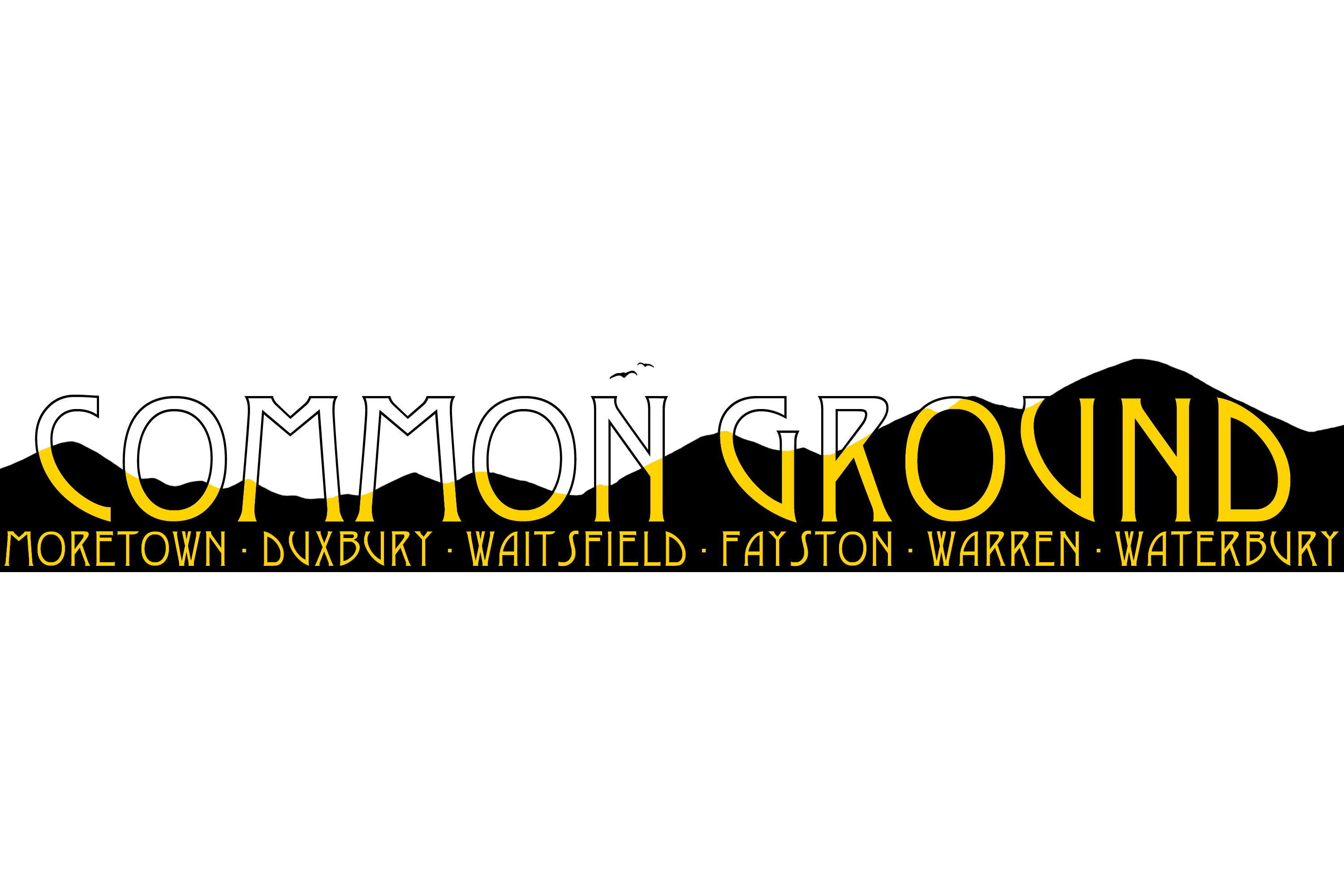In the first weeks of school, you could hear the echoing groans of people entering their second block class instead of going to TA like they were supposed to, or people realizing that the seven block days haven’t changed whatsoever. I saw this mass of chaos and thought, “I must take this into my own hands, to tell the people how their voices are being heard and how they can change the school community through just showing up.”
On my journey to help the students of Harwood I interviewed several people. The first person was Megan McDonough, one of the co-principals at our school, and she told me about many ways they were trying to get student feedback on the schedule. “We’ve invited students to participate in ELO. We’ve done surveys. We’ve tried to start increasing different discussions in TA’s that TA teachers can report back out, because we realized that not everyone participates in surveys, not everyone looks through the ELO list and knows what’s going on so we keep trying to find out how to get to more students.”
As most students remember, a survey was done last year on the schedule. When we returned to school and nothing had changed, students wondered why. I asked Megan about this and she told me, “After changing the schedule so many times” during Covid, they “stuck with one consistent schedule this year.”
This doesn’t mean changes in the schedule aren’t upcoming. “We started a process about three weeks ago to start considering the schedule for next year, and students are being invited to participate in that.” McDonough shared. The ELO is called, “Bell Schedule Collaborative Task Force” and they gather students from every grade to work out next year’s schedule.
I got a lot of answers from that interview, but also a lot of questions. I knew what the adults were doing to change the schedule, but I was still wondering what the students were doing. To find this answer, I interviewed Nathanael Conyers and Summer Herrington, the two co-leaders of Student Government. During our interview I asked them how they decided their point of action in the community, and they told me, “We ask the people of Student Government what we should do next, and that’s why we need a lot of people in Student Government because the more people we have, the more perspectives we will get.”
What this means is they act on the things people in Student Government have a problem with. They told me that during the club fair they got about 50 different sign ups, and they estimate around 20 people joining the club permanently. With around 20 people already in the club there will be a lot of perspectives, but they could always use more. So if you would like to change the school community, it’s simple: join Student Government.
So what did we learn from this excursion? We learned that if you want to change the schedule, you need to use your voice: go to the ELO’s, do the surveys, or join Student Government and bring it up in a meeting. It is important to know that you are never alone in a community, and that lots of people have the same problems and complaints as you. It’s important to know that, as a student, you can be a part of changing the school for the better.






